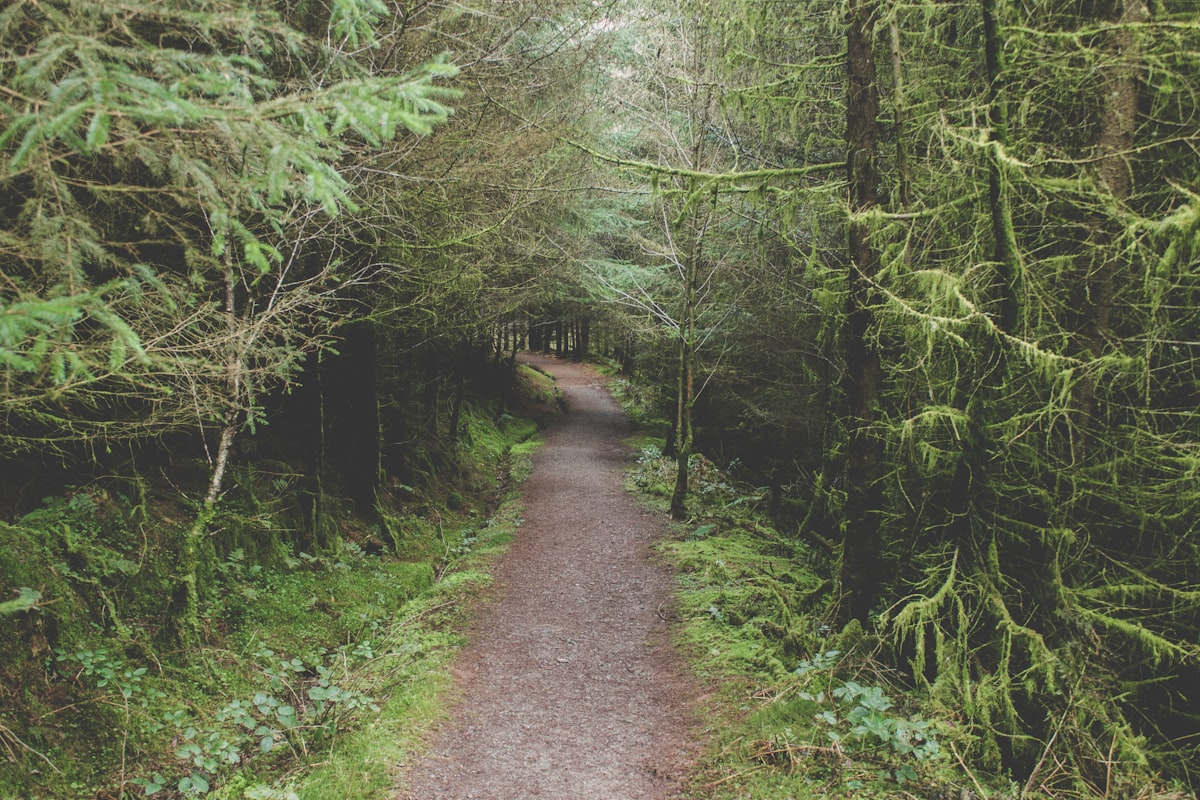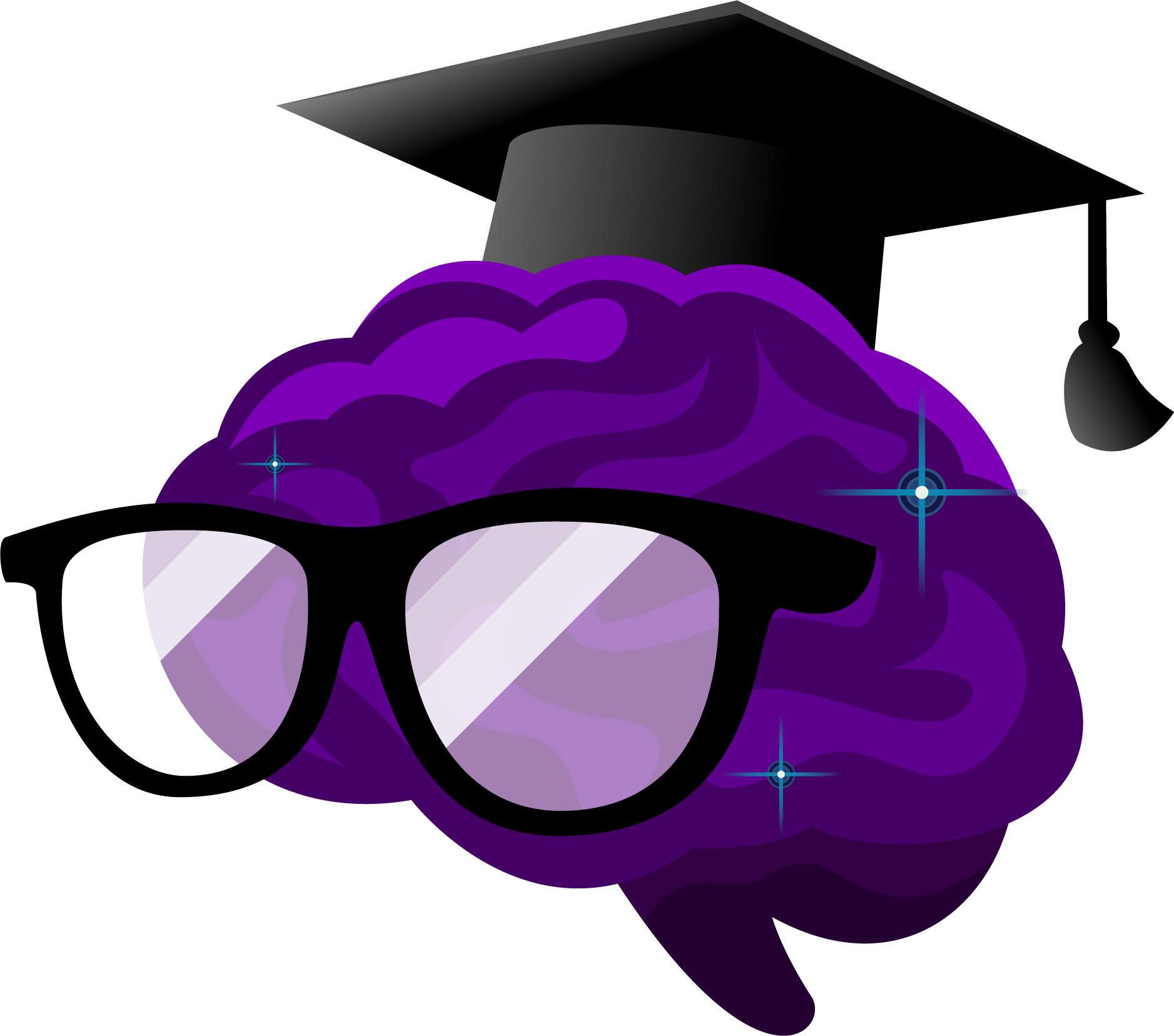Aidan's Infinite Play 14 When's The Last Time You Were Lost?

Because of apps like google maps, we almost never wander for the sake of wandering anymore. Before these technologies existed, we had to use physical maps to navigate, and before that we relied on mental maps to get around.
A few months ago, a college friend asked me what the main street going through my hometown was, and I didn't know the answer. I had to refer to google maps. My entire life I have been validating my stupidity for my street smarts, and now I can't even use that as an excuse.
But it's not just me. Everyone relies more on technologies these days. And aside from reduced street intelligence, I believe there is another more insidious effect: we are very uncomfortable with uncertainty.
Cognitive closure is the resolving of uncertainty so that we don't have to deal with the psychological pain it brings. And because we hate uncertainty, many people now tend toward cognitive closure in the short term.
We cognitively close on important issues, often making excuses like, I'll do it tomorrow, it ain't broke yet, or wow that donut looks way more fun than writing that essay due tonight.
This is an issue because often cognitively closing on things for the short term increases pain in the long term.
This is for two main reasons:
- It reduces creativity
- It makes identity shifting hard
It Reduces Creativity
Those with a high need for cognitive closure might reduce their creativity because they tend to select information that confirms what they already know and run from uncertainty.
But creative acts are, in their nature uncertain. I don't have a concrete understanding of what I will come out with before I start writing. Sometimes I have a good foundation as I begin with an outline. But more often than not, I enter into a creative act, not knowing where I'm going to end up. Sometimes this results in a beautiful piece of writing and sometimes, I accidently come out with the next treatise promoting Communism.
In either case it's the acceptance of uncertainty gives me a chance to create something beautiful which didn't exist before.
It Makes Identity Shifting Hard
A high need for cognitive closure also makes identity shifting hard.
There are many times in life where we will enter into liminal spaces.
Liminal spaces are the in-between spaces, the border of things, a mixture between chaos and order.
What happens in liminal spaces? Doubt, discomfort, unfamiliarity, anxiety. But also growth, change, and discovery.
By definition liminal spaces are uncertain. But this very uncertainty gives them the potential for incredible identity change. You have to be willing to jump into the uncertainty.
My 12 Hour Walk
This past Monday, I decided to explore my ambivalences toward uncertainty. So I took a twelve hour walk, no phone, no podcasts, no music, or distractions of any sort.
Just my self and the world.
I was inspired after reading Paul Millard's article, My 12 Hour Walk.
So Monday Morning, I set off from my dorm room and trekked out with no clear direction or end point.
It was wonderful.
Here are the three main things I learned from my walk:
- There is joy in exploration
- There are insights to be taken from the self
- There is joy in the present moment
There Is Joy In Exploration
An hour in, I came across a path called the Dryden Trail. This was the first time I had been down this trail, even though I had passed it many times.
On any other day, I would have passed it without a second thought, but in the spirit of the walk I decided to take the turn even with the uncertainty I felt in my chest.
It led me down for miles and miles. When I finally came out the other side, I could see a gorgeous hilltop on the horizon, the sun was out behind the clouds bathing it in a glorious sheen, and all kinds of birds were flying over the top.
I decided then, and there I would make it to the top of the hill. After four hours of hard hiking through bushes, forest, and hell itself (that last one might be an exaggeration), I made it to the top. The sun was still shining, and I decided to sunbathe for two hours.
While I was sunbathing, I reflected upon the fact that I would never have found this spot if I hadn't decided to leap a path I had never been down. There was profound joy in the exploration.
There Are Insights To Be Taken From The Self
Because I couldn't listen to podcasts, audible, or anything else, I could only attend to the outside world and myself.
I went through so many different trains of thought. I analyzed the characters from different books I had been reading recently, I went through all the video games from my childhood and looked at them through the Octalysis Framework, but most importantly, I went through all the people I love in my life and asked what values they all mostly hold.
I came up with three main things:
- Passion
- Openness to experience
- Playful mindset
All of these things seemed to bubble up out of me while I was walking. As if they just needed the space in time to finally show themselves. It was indescribable.
There Is Joy In The Present Moment
The last thing I learned is how much joy there is in the present moment.
In most of my days, I'm hyper-aware of what time it is. I'm asking myself what I will be doing within the next 20 minutes, the next hour, and the next hour and a half.
On this walk, however, there was no need to do that. I was just walking.
Instead, I let myself relax. As a result the 12 hours simply flowed by me. I fully embraced the present moment and entered one of the longest and most enjoyable states of flow I have ever been in.
It was freeing.
Go On Your Own 12 Hour Walk
I think everyone should go on their own 12 hour walk at some point in their life. It doesn't even have to be a walk.
Just a sustained time where you are in solitude with your thoughts.
It will help you become more creative. It will help you with identity change. You will learn things you never knew about yourself.
I think my entire walk can be summarized with one main idea:
Real wisdom is learning how to feel comfortable being lost.
Here's what I would like to share this week.
📸News From The Channel!
How I Gamified My Life to Enjoy Learning/Studying Part 3: In this series, I will explain how I made my life into a game by going through the action items in Yu-Kai Chou's article, 10,000 hours of play. I define my game, my attributes, my role, my skills, my alliance, and future quests. Then I describe how every part of this process uses things we have learned in the first two parts of the series.
Susan Currie: How Librarians Can Help You Manage Informational Chaos: Susan Currie has 40 years of experience as a senior librarian and administrator. She worked for close to thirty years in academic libraries and knows a profound amount about information and how it's managed in society. This week we talk about how the internet has changed people's relationships with information, how librarians can help people find information in the digital age, how librarians can help people be less biased researchers and the generational differences between young and old in consuming and managing information.
💡My Best Insights:
📖Book - Fooled by Randomness: Nassim Nicholas Taleb goes over all of the ways humans are notoriously bad at understanding statistics. He explains how people tend to see patterns in places where there aren't any and disregard statistics along the way.
✍️Blog Post - A Story of Making Habitica Work for Me: This blog post describes how a person made Habitica, a gamified task management app that makes you into an RPG character, work for them. They had tried using the app three times before but only succeeded in making it work after creating a narrative for their character. They are a arcane wizard in a world blessed with magic. All of their tasks, dailies, and habits are named in inspiration of this story giving their real life pursuits epic meaning. They inspired me to start using Habitica myself and if it works out I will definitely make a video on it at some point.
🎙️Podcast - Podcast 55 Psychology of Level Design: Level designers need to find the best way to spur a player towards a certain implicit goal without having to spit it in their face and tell them a whole bunch of stuff. It's a balancing act. And at the same time, they need to teach players the rules of the game. Like what colors mean what things are what you can climb in a platformer, but they need to do it in a way that's not agonizing. To do this, they often need a background in behavioral psychology, architectural design, cultural studies, and even color theory. Certain types of structures signify and implicitly create certain behaviors, like a corridor makes people want to walk through it. A cylinder makes people want to walk around it. Listening to this podcast is making me appreciate the games I play so much more because I see all of this taken into account in the levels.
